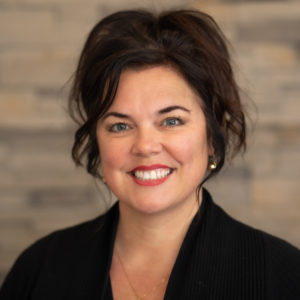When the scope of the COVID pandemic became apparent, mental health professionals around the globe knew the danger went far beyond infection. From quarantines to social distancing, the necessary medical recommendations threatened one of the most important factors in mental health: the connections we share with one another.
Although some might say they’re perfectly comfortable without human company, we actually thrive on connections with others. We want to be in community with others who share our lives and help us deal with life’s challenges. Whether it’s our family, our neighbors, the people we work with, or the others at church, research has proven that positive connections help us remain both physically and mentally healthy.
When we feel isolated or in need of connection we often fill the gap with something that brings only momentary pleasure. We want to get relief from day-to-day stress, so we reach for a drink, or the ice cream, or the company of someone who doesn’t have our best interests at heart — and you know what happens from there. Most addictive behaviors are rooted in a longing for connections. In fact, in the addictions community you’ll often here that the antidote to addiction is connection. What happens in the world today – where connection is often via electronics and human touch has been replaced by social media?
This is, in part, what worried mental health professionals about COVID. When those critical connections were removed from our lives or reduced to protect our physical health, we knew there would be negative results for mental health. And that’s exactly what we’ve seen, with increases in depression, anxiety, substance abuse, relational struggles and other mental health indicators. The fall out from COVID will long surpass any vaccination, given that social distancing is now common language and practice.
The key to staying mentally healthy — and an important factor in protecting our physical health — is developing healthier connections and constructive ways to deal with stress, including feelings of isolation. If you find yourself so desperate for human company that you choose the wrong people, or feel that loneliness is driving you to pursue remedies that create more problems in the long run, it is time to pursue different options.
This newsletter is all about connections — how to identify issue in current connections, how to help yourself (and others) strengthen connection, and how to set healthy boundaries in connections. If you or someone you love is craving connection, needing stress relief, or searching for peace, and the current approaches only seem to be making things worse, please connect with one of our counselors.

April Bordeau is the Managing Director of Care to Change. A licensed clinical social worker, she has focused on helping children and families overcome challenges in their lives for over 25 years.
